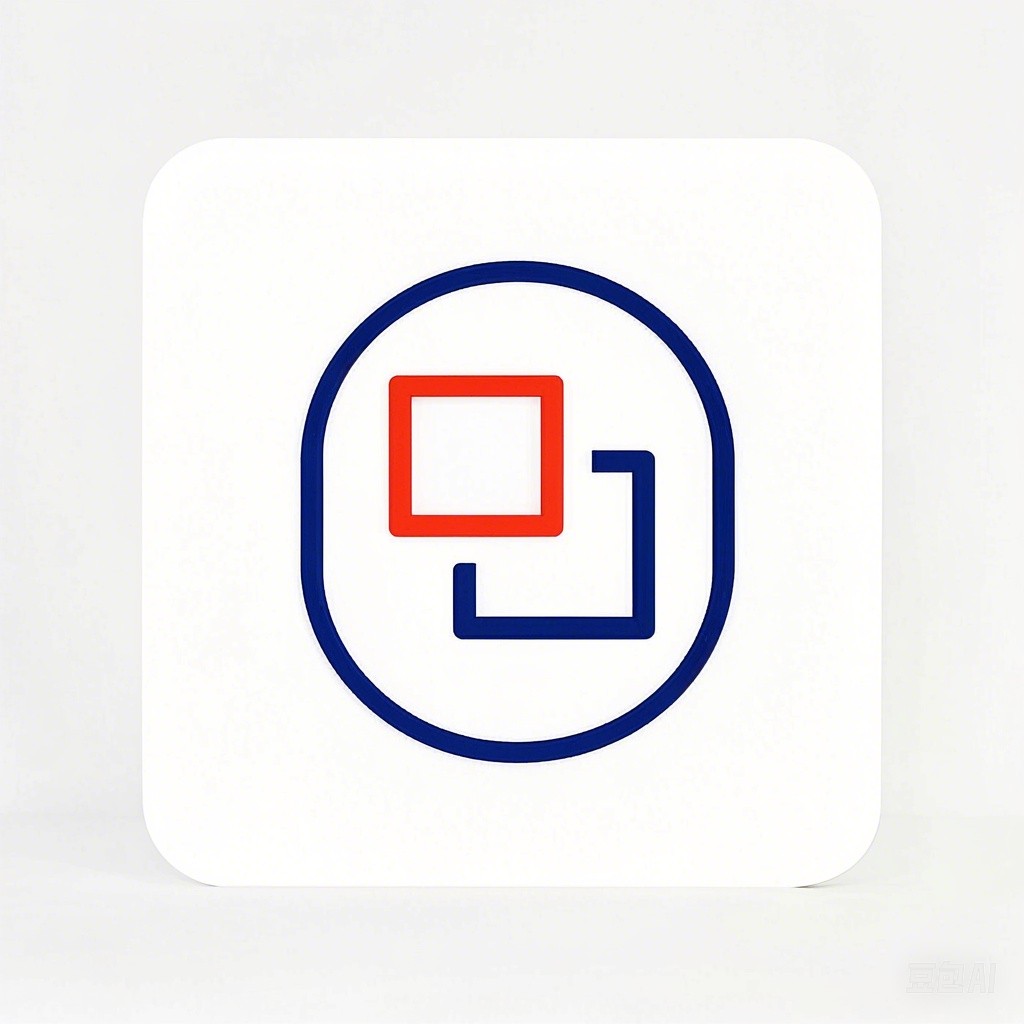面向对象编程(OOP)是一种编程范式,它通过将数据及其操作封装在对象中,使得代码更加模块化、可重用和易于维护。以下是一些实用的面向对象编程技巧,可以帮助你提升开发效率:
1. 理解封装(Encapsulation)
封装是指将对象的属性(数据)和操作(方法)捆绑在一起,只对外暴露必要的接口。这样做可以隐藏内部实现细节,保护数据不被外部直接访问,从而提高系统的稳定性和安全性。
示例代码(Python):
class BankAccount:
def __init__(self, account_number, balance=0):
self._account_number = account_number
self._balance = balance
def deposit(self, amount):
self._balance += amount
def withdraw(self, amount):
if amount <= self._balance:
self._balance -= amount
return True
return False
def get_balance(self):
return self._balance
# 使用示例
account = BankAccount('123456')
account.deposit(1000)
print(account.get_balance()) # 输出:1000
2. 继承(Inheritance)
继承允许创建新的类(子类)基于现有类(父类)的功能,并在此基础上扩展或修改。这样可以减少代码重复,提高代码的可维护性。
示例代码(Python):
class Animal:
def __init__(self, name):
self.name = name
def speak(self):
pass
class Dog(Animal):
def speak(self):
return "Woof!"
class Cat(Animal):
def speak(self):
return "Meow!"
# 使用示例
dog = Dog("Buddy")
print(dog.speak()) # 输出:Woof!
cat = Cat("Kitty")
print(cat.speak()) # 输出:Meow!
3. 多态(Polymorphism)
多态允许不同类的对象对同一消息做出响应。在面向对象编程中,多态通常通过继承和重写方法来实现。
示例代码(Python):
class Animal:
def speak(self):
pass
class Dog(Animal):
def speak(self):
return "Woof!"
class Cat(Animal):
def speak(self):
return "Meow!"
def make_animal_speak(animal):
print(animal.speak())
# 使用示例
dog = Dog("Buddy")
cat = Cat("Kitty")
make_animal_speak(dog) # 输出:Woof!
make_animal_speak(cat) # 输出:Meow!
4. 设计模式(Design Patterns)
设计模式是解决特定问题的通用解决方案。掌握常用设计模式可以帮助你写出更加优雅、可维护的代码。
示例代码(Python):
from abc import ABC, abstractmethod
class Strategy(ABC):
@abstractmethod
def do_algorithm(self):
pass
class ConcreteStrategyA(Strategy):
def do_algorithm(self):
return "Algorithm A"
class ConcreteStrategyB(Strategy):
def do_algorithm(self):
return "Algorithm B"
class Context:
def __init__(self, strategy: Strategy):
self._strategy = strategy
def set_strategy(self, strategy: Strategy):
self._strategy = strategy
def execute_strategy(self):
return self._strategy.do_algorithm()
# 使用示例
context = Context(ConcreteStrategyA())
print(context.execute_strategy()) # 输出:Algorithm A
context.set_strategy(ConcreteStrategyB())
print(context.execute_strategy()) # 输出:Algorithm B
5. 面向对象原则(SOLID)
SOLID原则是一组面向对象设计原则,它们可以帮助你写出更加清晰、可维护的代码。
- 单一职责原则(Single Responsibility Principle,SRP):一个类应该只有一个改变的理由。
- 开闭原则(Open/Closed Principle,OCP):软件实体应当对扩展开放,对修改关闭。
- 里氏替换原则(Liskov Substitution Principle,LSP):任何基类可以出现的地方,子类一定可以出现。
- 接口隔离原则(Interface Segregation Principle,ISP):多个特定客户端接口要好于一个宽泛用途的接口。
- 依赖倒置原则(Dependency Inversion Principle,DIP):高层模块不应该依赖低层模块,二者都应该依赖抽象。
遵循SOLID原则可以帮助你写出更加健壮的代码,提高代码的可维护性和可扩展性。
通过掌握以上五大实用技巧,你将能够更好地利用面向对象编程的优势,提升开发效率。在实际项目中,不断实践和总结,将有助于你成为一名优秀的面向对象程序员。
